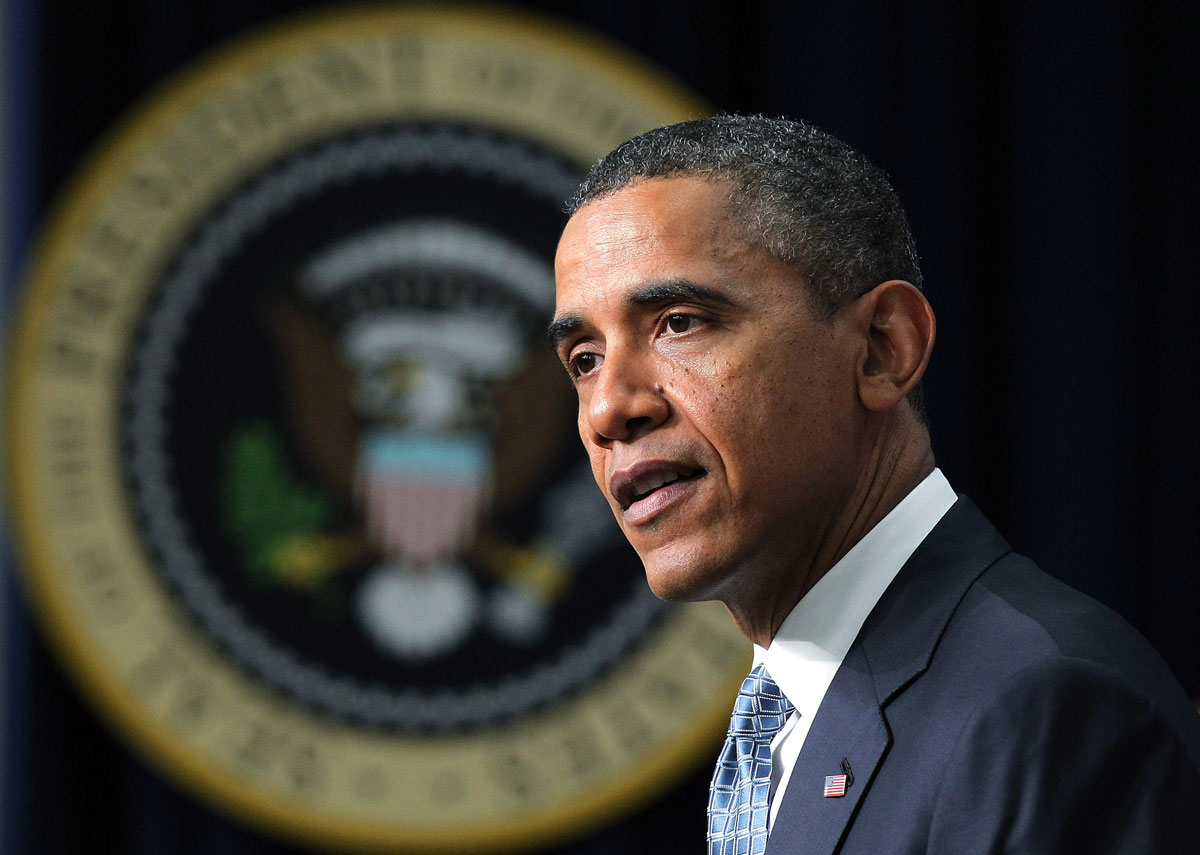ABIDE BY SET TRADE RULES: OBAMA
President Barack Obama. (Alex Wong | Getty Images)
Citing the United States’ “significant” victory at the WTO against India’s “localization” policies in the solar industry, President Barack Obama has said the U.S. will not allow other countries engaged in practices that disadvantage its workers and firms, writes Lalit K. Jha. (@siliconeer, #siliconeer, #USIndiaTrade, #USIndianEmbassy, @narendramodi, @barackobama, #WTO, #solarpower, #alternativeenergy)
“We can’t have other countries engaged in practices that disadvantage American workers and American businesses. One of the things I am very proud of is that we have ramped up enforcement of our trade laws to protect American workers and American businesses like never before,” President Obama said at the signing ceremony of the trade facilitation and trade enforcement act of 2015.
“In areas like steel, for example, we have brought more cases than we had in the previous decade. We have brought more cases before the World Trade Organization, the WTO, than any other administration. The ones that we have brought, we have won. In fact, we just won a case against India this week,” said the U.S. President.
The U.S. won the ruling against India at the World Trade Organization, Feb. 24, after challenging the rules on the origin of solar cells and solar modules used in India’s national solar power program.

Ruling against India, the WTO said the government’s power purchase agreements with solar firms were “inconsistent” with international norms. The U.S. had filed a complaint before the global trade body alleging discrimination against American firms.
The White House described the WTO ruling as a significant victory.
“This represents a significant victory for the rapid deployment of solar energy across the world, but also for clean jobs right here in America,” White House Press Secretary, Josh Earnest, told reporters.
President Obama said trade is a major topic of debate in the U.S. and around the world.
“One area where there should be no debate is that once we have set up trade rules, people have to abide by them,” he said.


